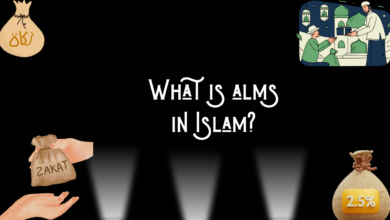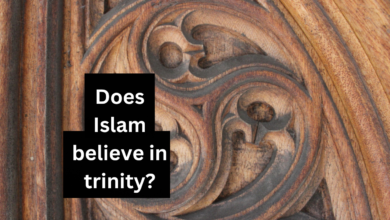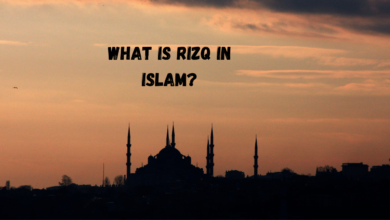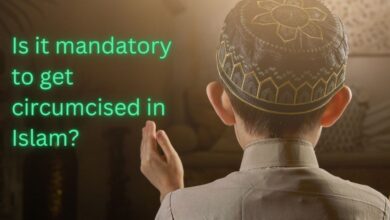Is Islam universal or ethnic?
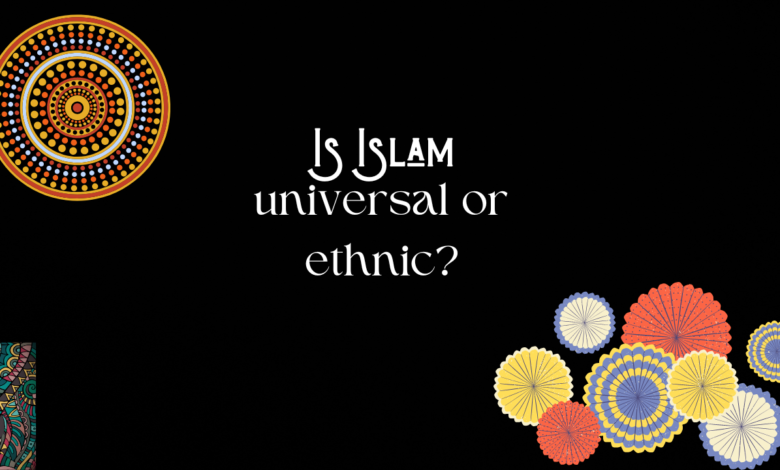
Introduction
Islam, one of the world’s major religions, holds a central place in the lives of over a billion people globally. It is often regarded as a faith that transcends ethnic and cultural boundaries, uniting believers from diverse backgrounds under a common set of spiritual principles. However, the question of whether Islam is primarily a universal faith or an ethnic identity remains a topic of debate and exploration. To understand this complex dynamic, we must delve into the core teachings of Islam, its historical development, and the various ways it intersects with cultural and ethnic contexts.
Universal Spiritual Principles
At its heart, Islam emphasizes universal spiritual principles that emphasize the unity of God (Allah), the importance of faith, morality, and the ultimate goal of achieving a righteous and ethical life. These teachings are encapsulated in the Quran, the holy scripture of Islam, which is believed to be the literal word of God as revealed to the Prophet Muhammad. The Quran outlines principles such as compassion, justice, humility, and respect for all humanity, transcending any particular ethnic or cultural framework.
Ethnic and Cultural Diversity within Islam
While Islam’s core teachings are universal, the religion has spread across diverse geographical regions, leading to a rich tapestry of cultural expressions and traditions. Over the centuries, Islam has been practiced in vastly different societies, from the Middle East to Asia, Africa, Europe, and beyond. Consequently, cultural influences have shaped how Islam is practiced and understood in different contexts. This has given rise to various ethnic and cultural identities that are intertwined with the practice of the faith.
Ethnic Identity and Islam
In some cases, Islam has become closely intertwined with ethnic identity due to historical, social, and political factors. This phenomenon can be observed in regions where Islamic identity has merged with local customs, languages, and traditions, creating unique cultural hybrids. In such cases, individuals may identify with both their ethnic heritage and their religious beliefs, with these two aspects forming an inseparable part of their identity.
Universalism in Islam
Despite the link between Islam and ethnic identity in certain contexts, the religion’s foundational teachings stress the universality of its message. The Quran explicitly states that God created humanity as different nations and tribes to facilitate mutual understanding and cooperation, not to foster division or superiority. The Prophet Muhammad’s farewell sermon, delivered during his last pilgrimage, emphasized the equality of all believers, regardless of their ethnic background.
The Global Ummah: Unity in Diversity
The concept of the “ummah” in Islam refers to the global community of believers, united by their faith and devotion to God. This sense of unity extends beyond ethnic and cultural boundaries, emphasizing the importance of spiritual kinship and shared values. The diverse ummah reflects the belief that Islam transcends ethnic and cultural differences, uniting believers from all walks of life.
Conclusion
In conclusion, the question of whether Islam is a universal faith or an ethnic identity is complex and multifaceted. While Islam’s core teachings emphasize universal spiritual principles that transcend ethnic and cultural boundaries, its historical development and the diverse ways it is practiced across the world have led to the emergence of unique ethnic and cultural expressions of the faith. Ultimately, Islam’s true essence lies in its ability to bridge the gap between universality and diversity, showcasing the potential for spiritual unity amidst a rich tapestry of human cultures.
Is Islam a universal or ethnic religion?
Islam is considered a universal religion, meaning it is open to people of all ethnicities and backgrounds. It does not have any inherent ethnic or racial restrictions. It is meant to be a faith that transcends ethnic boundaries and is accessible to anyone who chooses to embrace its teachings.
Does Islam have any ethnic restrictions?
No, Islam does not have any ethnic restrictions. It is explicitly mentioned in Islamic teachings that the message of Islam is for all of humanity, regardless of their ethnic or cultural background. The Quran emphasizes the universality of Islam’s message in multiple verses.
What are the core beliefs of Islam that make it universal?
The core beliefs of Islam, such as the belief in the oneness of God (Tawhid), the finality of prophethood with Muhammad, the belief in angels, the holy books, and the Day of Judgment, are universal principles that can be embraced by people from all ethnicities.
Is Islam practiced by people of various ethnicities?
Yes, Islam is practiced by people from a wide range of ethnic backgrounds around the world. Muslims can be found in virtually every country and come from diverse ethnic, cultural, and linguistic backgrounds.
Are there cultural variations within Islamic practices?
While the core principles and beliefs of Islam remain consistent, there can be cultural variations in how these principles are practiced. Different cultures may influence aspects of Islamic practices such as clothing, cuisine, and local customs. However, these variations do not change the universal nature of Islam’s teachings.
Can converts from different ethnic backgrounds embrace Islam?
Absolutely. Islam welcomes converts from all ethnic backgrounds. When someone converts to Islam, they are considered equal members of the Muslim community, irrespective of their previous ethnicity or nationality.

